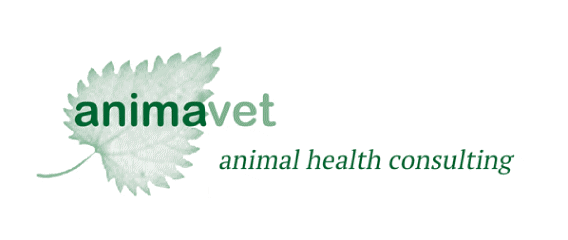
Christine King BVSc, MANZCVS (equine), MVetClinStud
Hendra: why not just go ahead and vaccinate?
HeV antibody testing
The CSIRO Australian Animal Health Laboratory offers the following tests on equine serum:
1. Hendra virus ELISA (enzyme-linked immunosorbent assay)
- This test simply provides a positive/negative result; it does not give us a numerical titre. However, it is the less expensive of the two tests, and a positive result indicates the presence of measurable HeV antibodies and therefore at least some protection against HeV. (Remember that antibody production is only one component of the immune response.)
- If the result is positive, vaccination/booster may not be necessary at that time. If the result is negative, vaccination/booster may be considered, depending on the individual circumstances.
- The current cost is $111.10 per horse (laboratory fee incl. GST).*
2. Hendra virus VNT (virus neutralisation test), or HeV titre
- This test is the 'gold standard' as it provides a numerical titre. Based on the available research in horses, a titre as low as 16–32 is considered protective against HeV.
- If the titre is at least 32, then vaccination/booster may not be necessary at that time. If the titre is 16 or lower, vaccination/booster may be considered, depending on the individual circumstances.
- The current cost is $367.40 per horse (laboratory fee incl. GST).*
* Express shipping of the chilled sample(s) to the lab is $20 per batch (whether 1 sample or multiple). Note that these tests require blood collection and submission by a registered veterinarian, so a trip charge and service fee are additional if I am there simply to draw blood for HeV antibody testing.
Below is a link to a PowerPoint slideshow I made on how to use HeV antibody tests as proof of immunity, in place of proof of vaccination:
Hendra antibody tests —guidelines for vets, farm managers, and event organisers [slideshow]
close this window to return to the page you were on
© Christine M. King, 2020. All rights reserved. Last updated 30 March 2021.